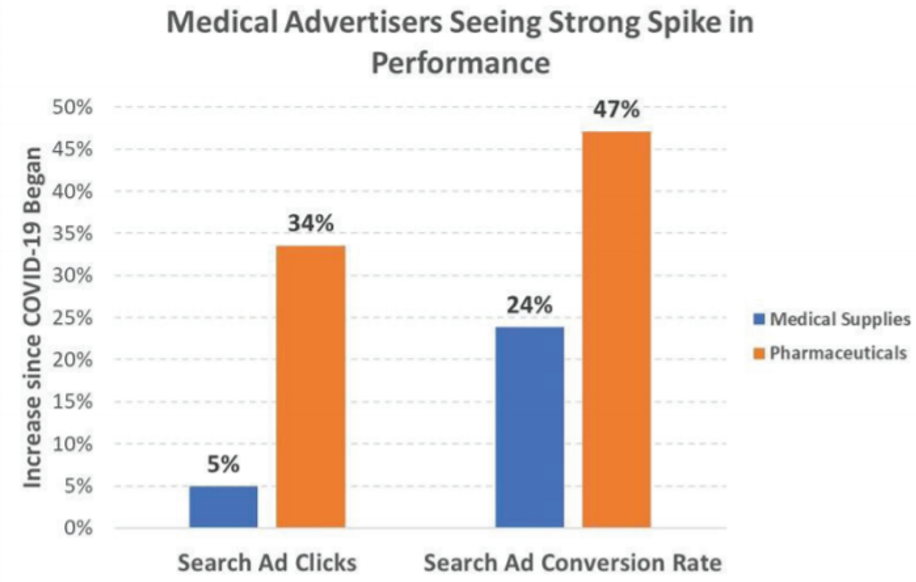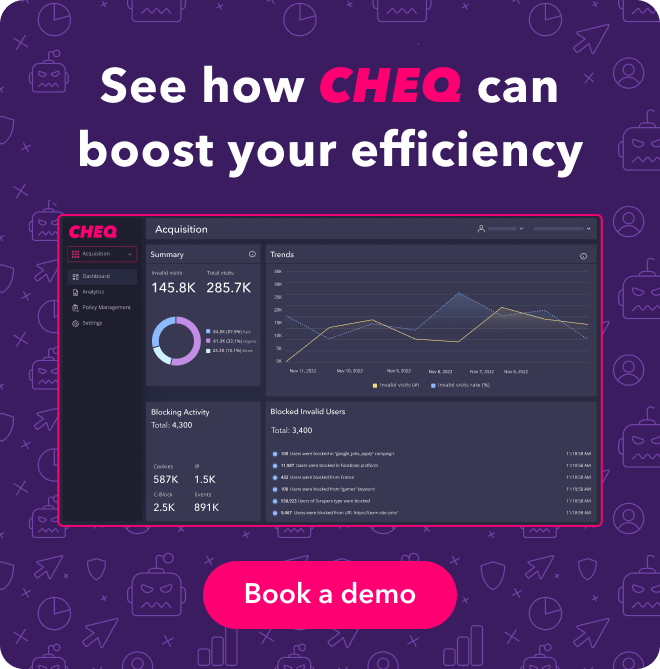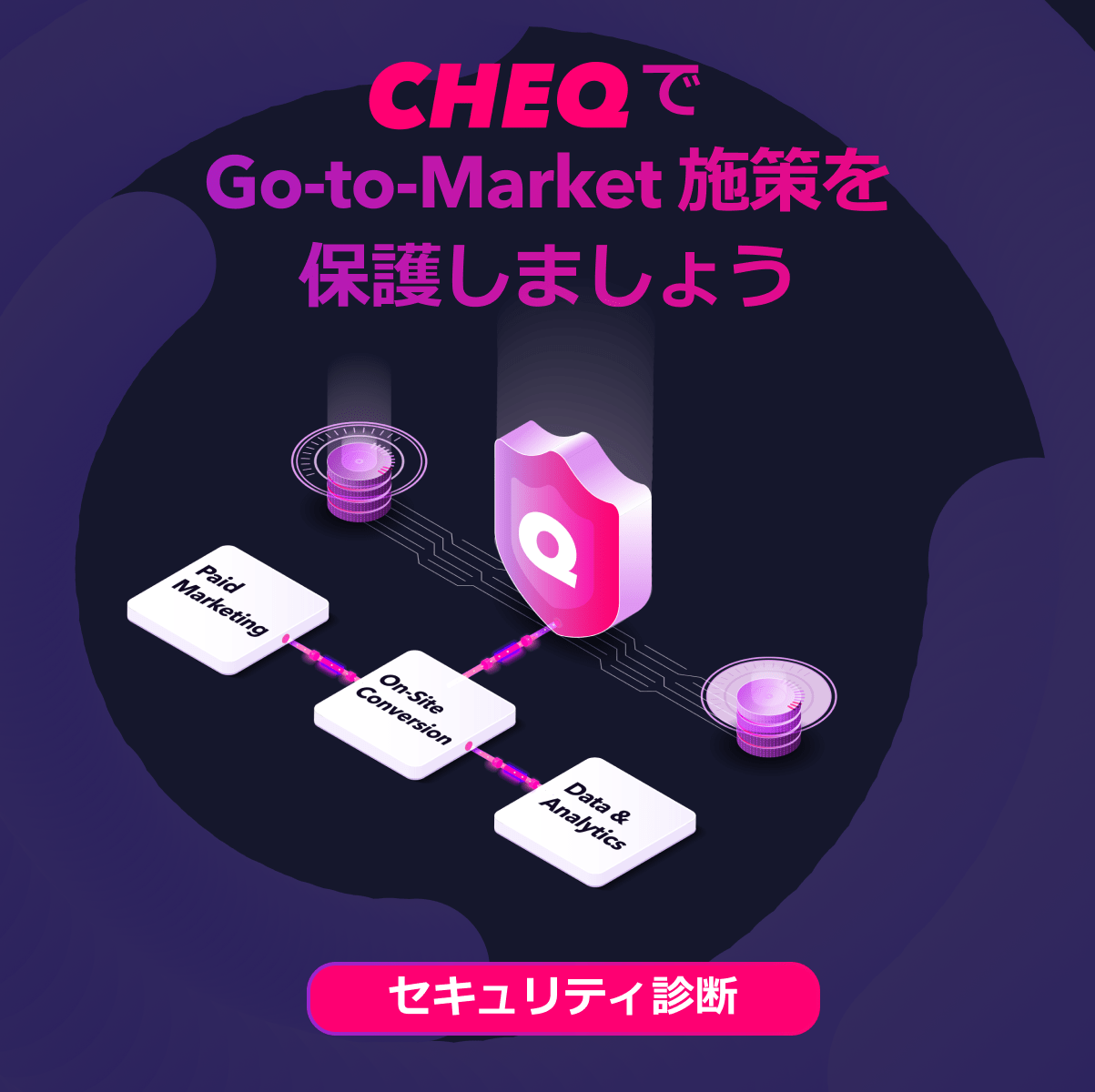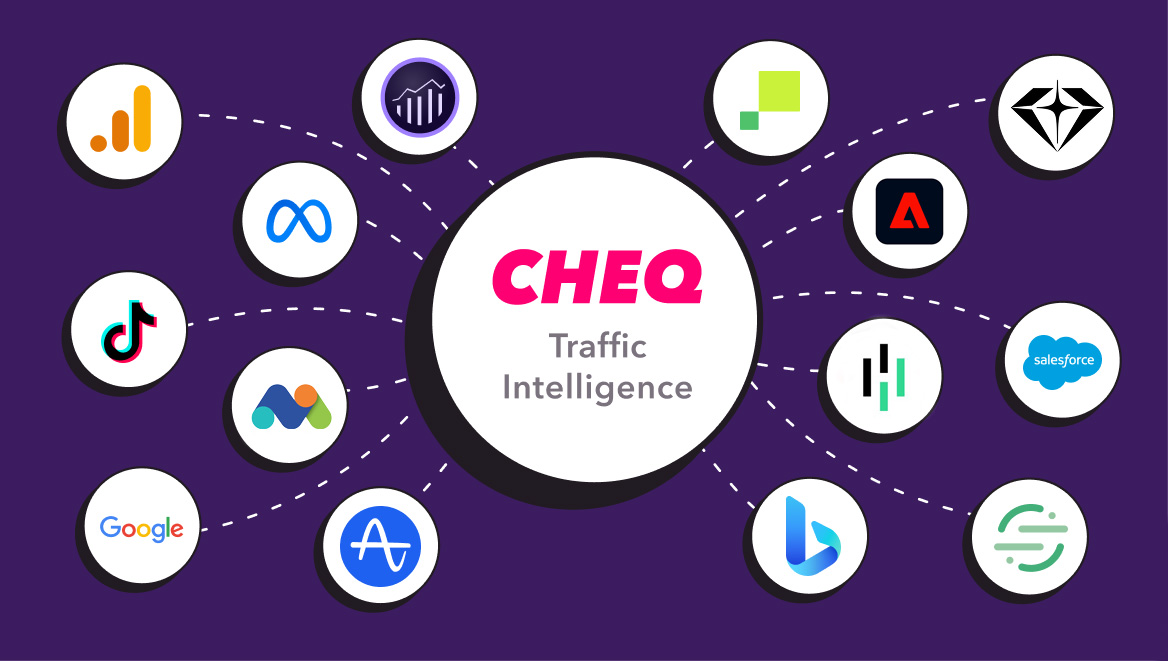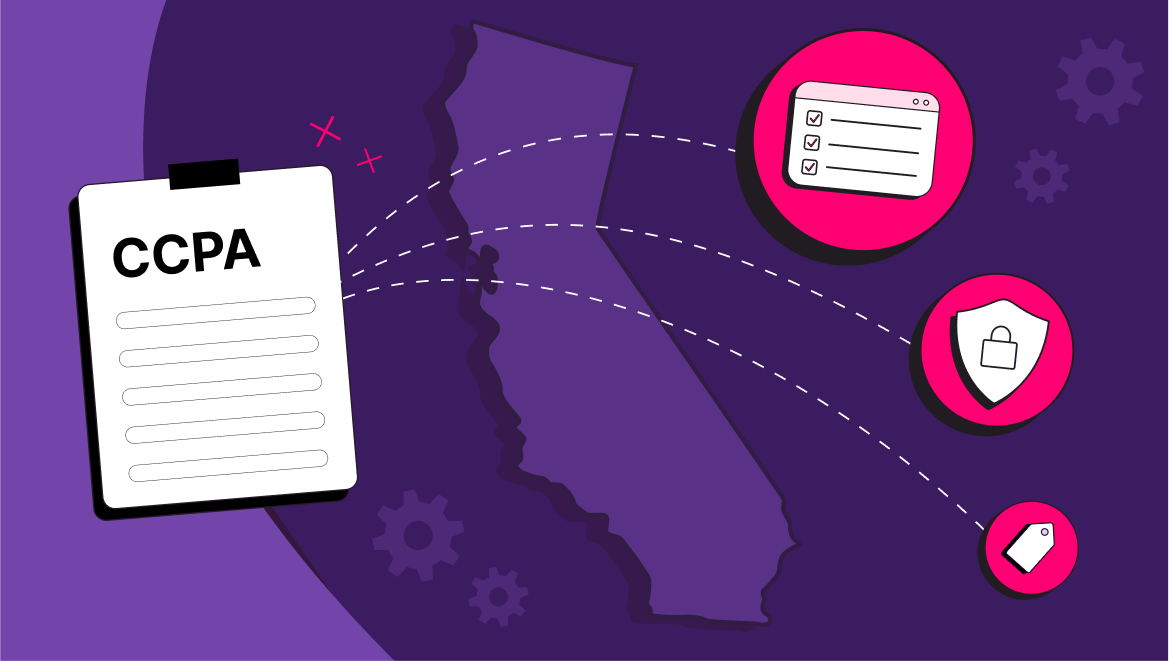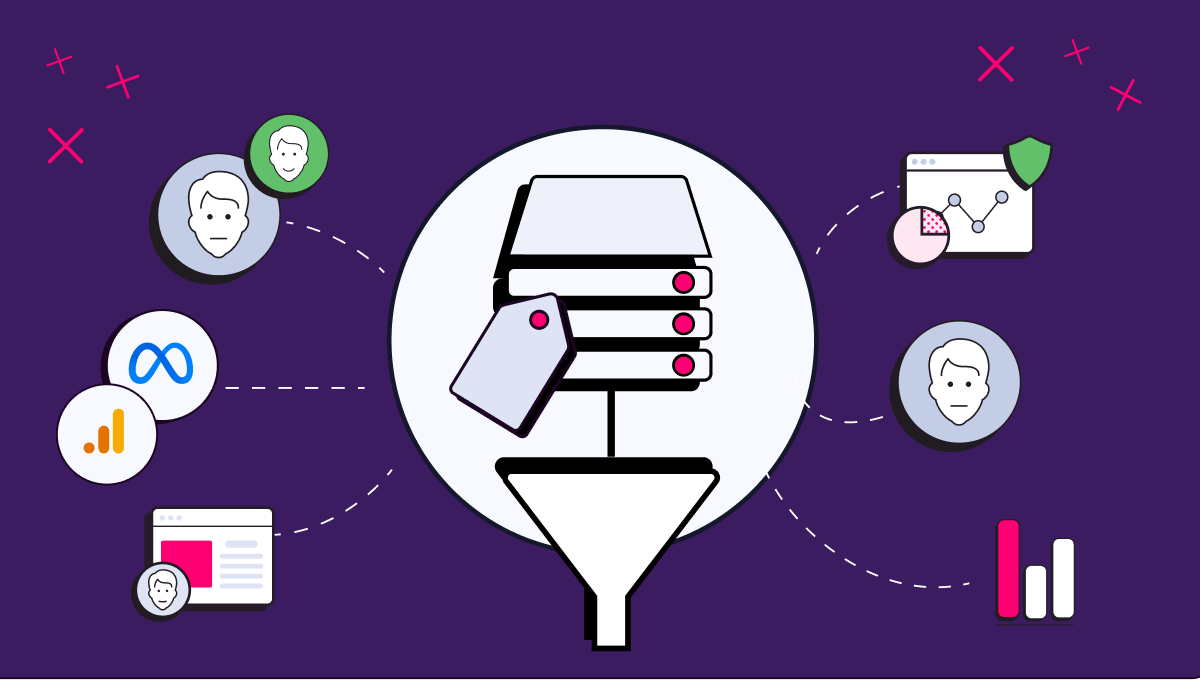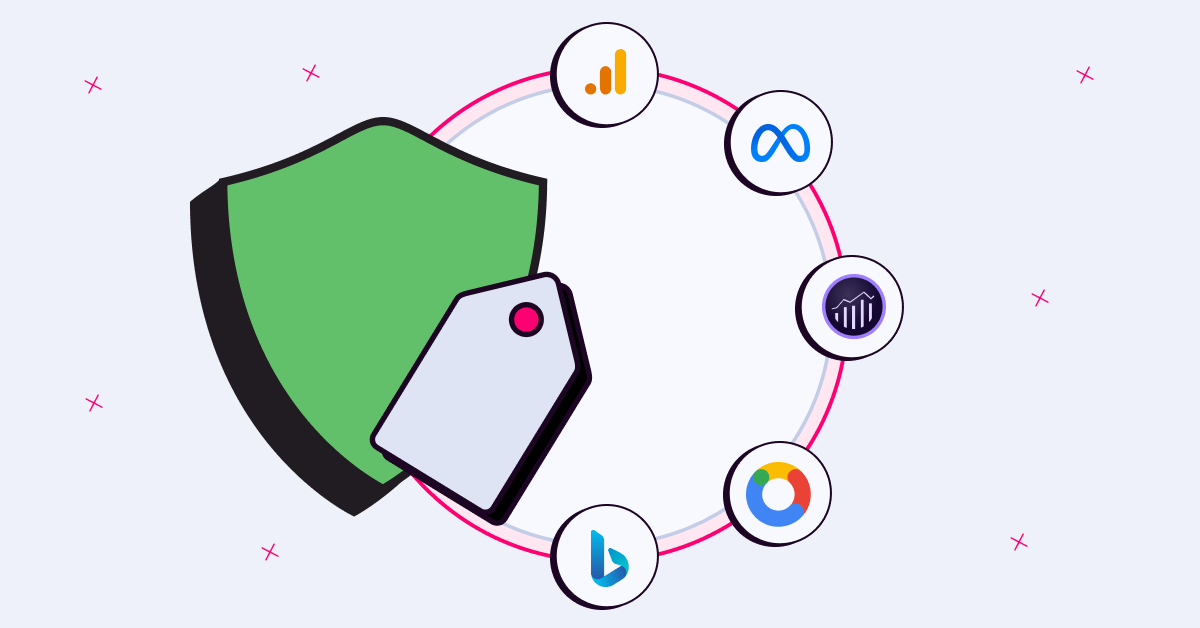How Healthcare marketers are set to Lose $196 Million
Jonathan Marciano
|Marketing | June 25, 2020

If there is one campaign type that has seen its star rise during COVID-19, it is online medical campaign spending. The health sector represents one-sixth of the US economy, and digital advertising spend is a big part of its growth, and spend is not letting up. In fact, more than $4 billion will be spent on digital advertising for healthcare in 2020. Of this, paid search on platforms such as Google remains crucial, with healthcare search growing 24.9% to $1.34 billion as users turn to the SERP to purchase everything from over-the-counter painkillers to vital medication. In fact, 7 percent of Google’s daily searches are health-related, according to Google Health Vice President David Feinberg, MD, amounting to more than 1 billion health questions a day.
And a similar story for paid social media advertising
It is not only search. Digital healthcare marketers are also spending more on social platforms, including Facebook, Twitter, and Snapchat. Spending on Facebook mobile ads alone by pharmaceutical and healthcare brands reached nearly a billion dollars in 2019, nearly tripling over two years. Pfizer, Allergan, Merck, and GlaxoSmithKline were among the top 10 spenders on Facebook mobile ads in 2019, along with fast-growing health start-ups such as SmileDirectClub and Roman, according to Pathmatics, an advertising analytics company.
Click fraud accounts for 10% of clicks on health campaigns
However, with this rise in spend on paid search and paid social, marketers are being targeted by rising click fraud. In a major study by the University of Baltimore, economists found that one in ten of every click on health marketing campaigns is fraudulent or invalid clicks from competitors or bots. The study finds health marketers are set to lose a massive $196 million from these invalid clicks in 2020. The US – the biggest market for digital healthcare – makes up the largest portion of this loss, at $ 75 million.
What exactly is click fraud?
The act of click fraud is when your paid links are clicked on with the intent to either deplete or divert your marketing budget. It’s often carried out either by direct competitors or by organized criminals. The latter often have a complex infrastructure set up to defraud multiple businesses, usually through the use of fake websites and automated bots. Most of the ad platforms refer to this problem as “invalid clicks.” This includes click fraud, but also covers accidental clicks, automated activity such as web crawlers, and multiple clicks from the same source.
Which ad platforms does click fraud affect?
Although Google Ads is by far the biggest platform for PPC ads, it isn’t the only one that’s affected. In fact, click fraud is found in some form or another on most online advertising channels, including Facebook, Microsoft (aka Bing Ads), Instagram, LinkedIn, and Twitter. Despite efforts from most of these platforms to block click fraud or to put processes in place to make it much harder, the practice continues to grow both as healthcare sees more spend.
Ad fraud in healthcare
Digital health marketing has had its share of ad fraud. In 2019, Outcome Health (Outcome), a digital provider of medical information and advertising in doctors’ offices, agreed to a resolution with the Department of Justice by which it will pay $70 million to victims of a fraud scheme. This sought to defraud its clients—most of which were pharmaceutical companies—by selling advertising inventory that it did not have. In display buying of ads, ad fraud is well known, with ads paid for by marketers simply viewed by bot traffic. For instance, Gautham Thomas explains, a writer for Health Analytics, outlined an experiment in which he built a mock medical website (“Oncology Tomorrow”) and went from zero to 220,000 ad impressions in a matter of weeks. The catch? Only 0.03 percent was human traffic.
Paid Search click fraud and health
Though invalid clicks on display are well known, the University of Baltimore study showed the impact is as large on paid search and social media platforms and the sectors which rely upon this traffic, such as healthcare. Healthcare advertisers pay more for clicks on Google, paying an average cost per click of $3.17 on the search network. The average across industries is just $2.32. This makes the losses from rising click fraud more serious and wasteful. The problem of click fraud is wiping out healthcare marketer spend as bots or competitors click on some of the biggest keywords in medicine. Here are just a few of the most common keywords affected by click fraud:
|
KEYWORD |
CPC |
| URGENT CARE EMR
hospital alcohol detox dermatological problem fort lauderdale hospital detox transporter hospital children’s hospital emergency room near me kensington hospital detox |
$90.00
$65.00 $65.00 $65.00 $60.00 $60.00 $60.00 |
Each invalid click is money wasted that is not being seen by a human that is a relevant customer.
So how can you stop click fraud on your PPC ads?
More and more healthcare marketers are turning to click fraud prevention software such as CHEQ. While most anti-click fraud software focuses on Google Ads, CHEQ covers all of the biggest advertising platforms, including Facebook, LinkedIn, and Microsoft. This has been built by cybersecurity experts who are dedicated to preventing click fraud for large and enterprise companies. The benefit of ensuring you are not chasing bots also ensures that junk leads do not infect your entire CRM and sales funnels.
Conclusion
Healthcare – though subject to strict limits set upon digital marketing by regulators, search engines, and paid social media platforms – is highly reliant on these platforms. With this growth, the problem of invalid clicks and click fraud is growing. The problem of click fraud is costing health marketers millions of dollars of wasted spend and damaging their campaign results.
Maximize the return on investment from your marketing and stop giving fraudsters your company’s money.
Find out about the fraud-blocking options available for all your search and display marketing with CHEQ.
Want to protect your sites and ads? Click here to Request a Demo.
